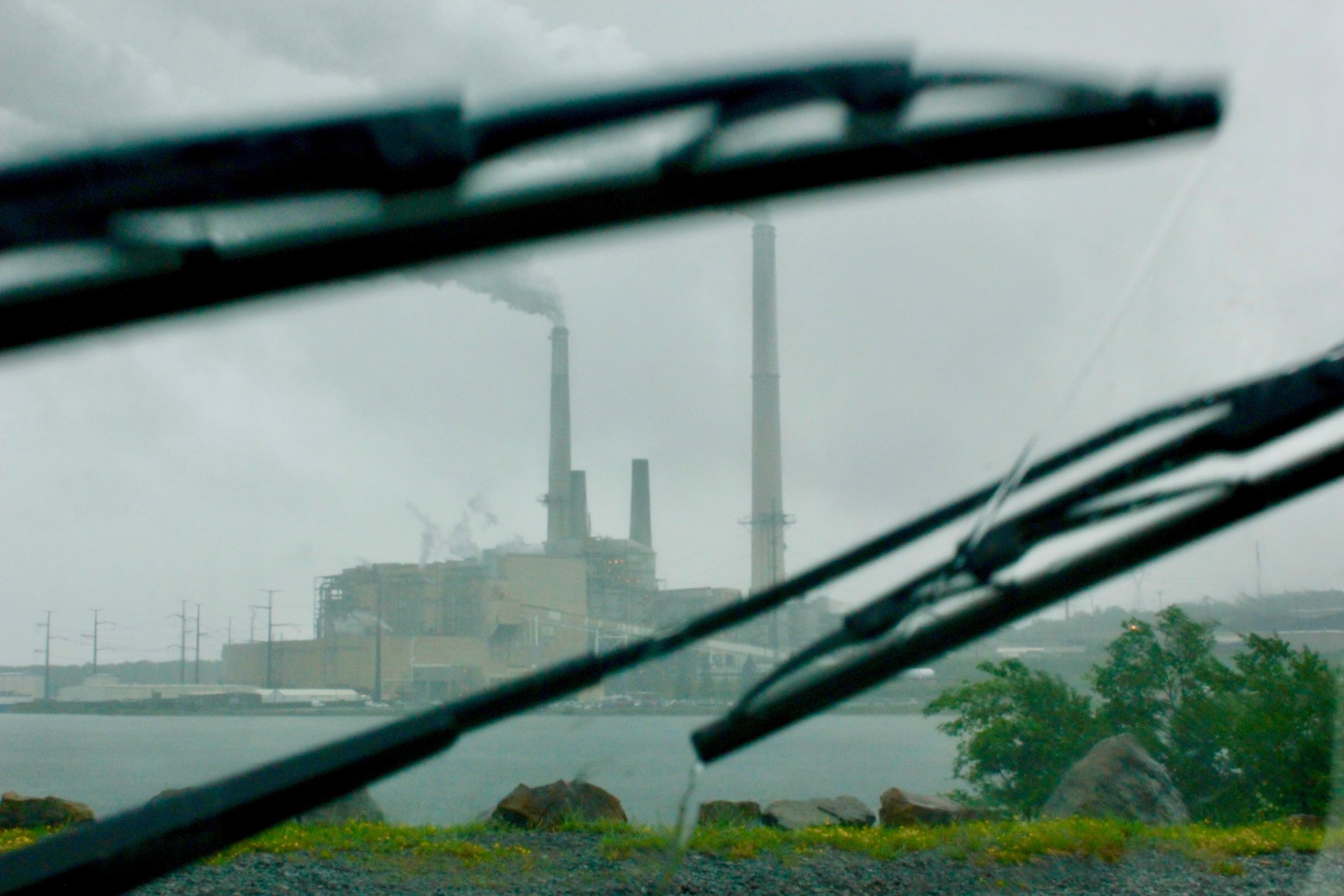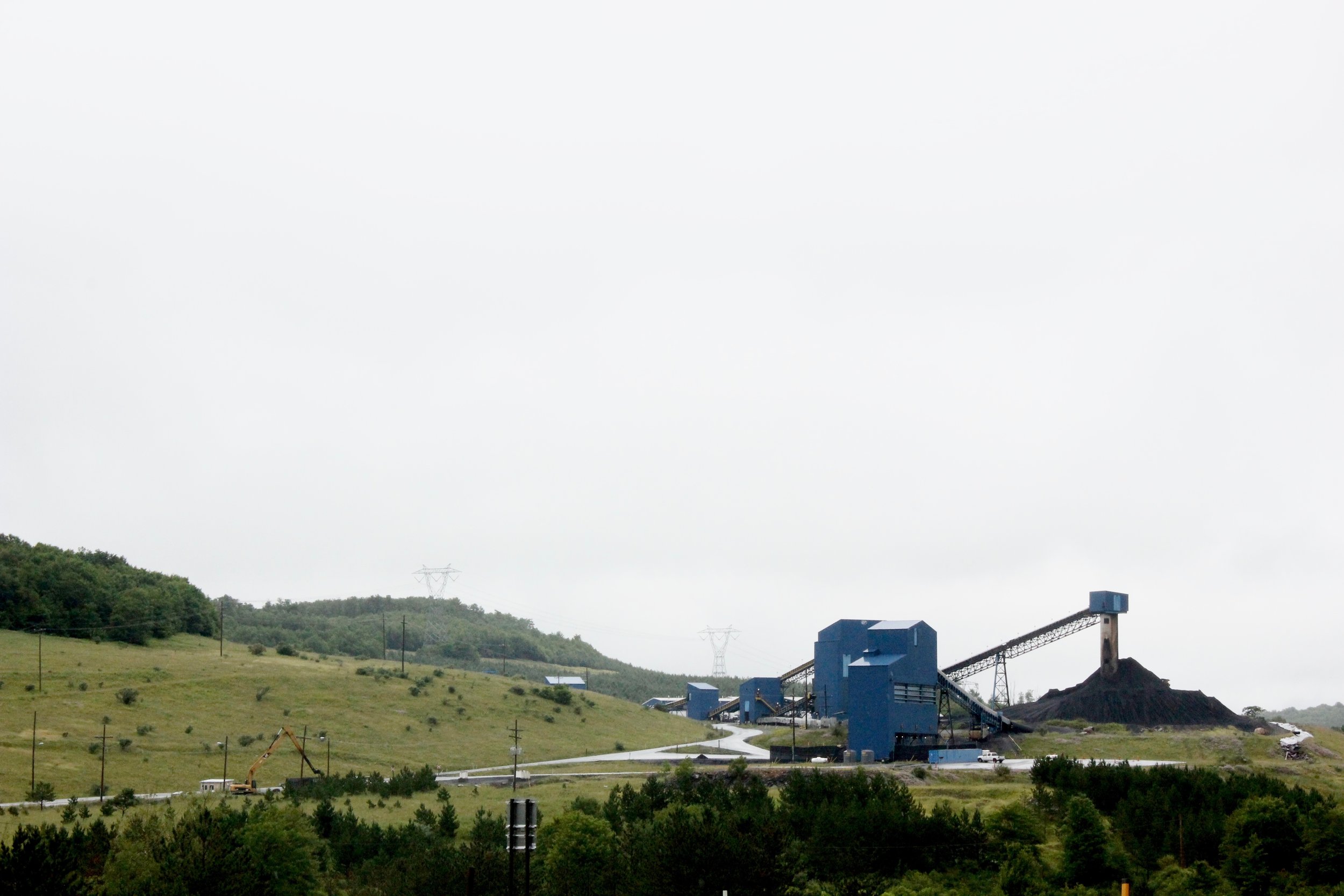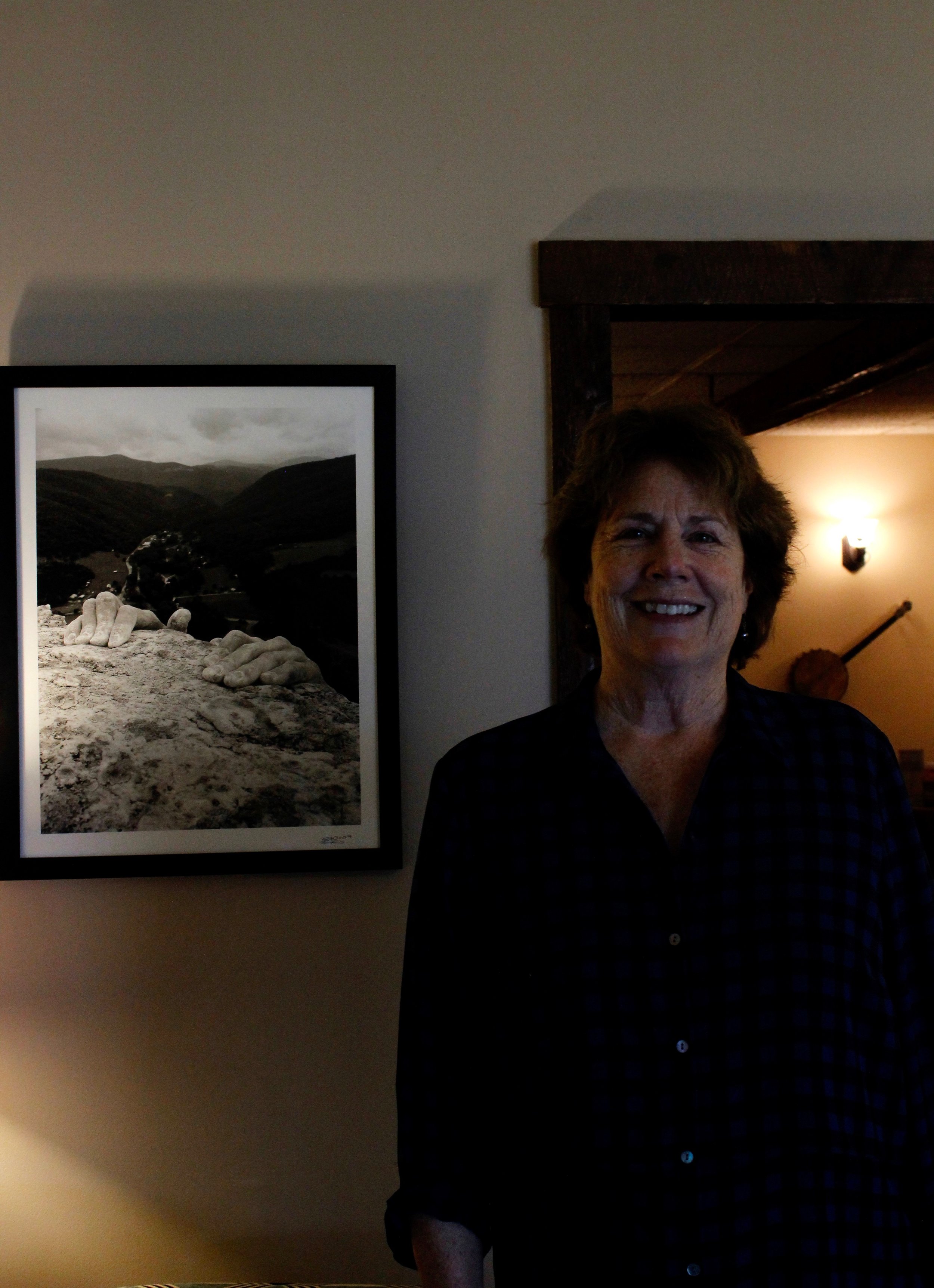West Virginia, Pleased to Make your Acquaintance
I wish I could tell you how happy I am to be in West Virginia. It is definitely in part because I was going stir crazy in the house, but it is also because I am so happy to be interacting with locals, learning, and absorbing the scenery and culture of the state. My experience, my two days here, have been overall very hospitable and enjoyable.
My first stop in West Virginia dispelled the rumors. I stopped in the eastern most part of the state in Shepherdstown to meet the good people at Solar Holler, the company that essentially started the solar industry in the state. Shepherdstown happens to be WV’s oldest town, founded in 1762.
Solar Holler is located on the main strip of the town’s center on German Street. According to a local, nearly all of the houses and shops on the strip were former medical centers during the Civil War. There were some southern attributes to the buildings, but If I could have isolated the town, and placed it somewhere that I knew, it easily could have been a quaint quirky town in Vermont or upstate New York. It is a historic town, a tourist town with Harpers Ferry nearby, and a college town, home to Shepherd University.
I ate at a cool restaurant called “Domestic,” that serves vegetarian friendly meals (as well as non-veggie). There are farms and breweries listed on the menu to indicate the local origins. it was next to some other cool spots- an antiques shop, coffeeshop, a vintage dress shop, and a couple photography studios. Sidewalk signs offered live music and open mics, and there were anti-pipeline signs in nearly every store window. It was fit for a getaway from the city, whatever city. It’s a small, historic, hip town. It was not the West Virginia I was expecting.
In route to Shepherdstown, I saw condos and homes comparable to those in suburban New Jersey (of course with much more land in between). I passed a couple Mercedes in the town. Parked on the street across from the restaurant was a car with a bumper sticker that said “My Boss is a Jewish Carpenter.” At least the one car, a Prius with a WV license plate, communicated an openness and tolerance toward religion, one I generally don't encounter and certainly didn't expect to find in the state.
When I told people I was traveling to the state by myself (as an journalist/researcher/environmentalist to see power plants), there was concern for me. Even one West Virginian who I knew from my days in DC said to be careful about how I speak to people- it’s coal country. And I knew that going in. The concern was not out of the ordinary, or uncalled for. I am clearly a Yankee. I am from the northeast. I have a bit of a New York accent. I carry way too much stuff with me, so I am automatically deemed a tourist or a traveler. And I am very trusting of people. Sometimes my lack of common sense, and willingness to see the good in people results in what my parents would refer to as silly decisions.
But West Virginia has been good to me. Granted, I haven’t gotten into the thick of it. I haven’t toured mines or spoken with miners. I haven’t sat in people’s living rooms and asked them about their jobs. But I have chatted with locals, and stopped at the side of the road to take pictures of a coal mine and plant. I have traveled with a camera. There was room for antagonistic sentiment. The lack of antagonism could be partially because of my approach- my pitch is educational. I am writing about energy, not making a political statement.
But it’s also thanks to the local atmosphere and the people here.
When I arrived at the Bright Morning Inn in Davis, WV, there were photos, posters, and drawings of wind turbines as well as coal artifacts decorated throughout the inn lobby and restaurant. After hearing my interests, the inn owner, Susan, made me a tour route that focused on energy rather than the nature trails that a typical guest would request. I walked away with books she lent me from her trunk “Women in the Mines” and “The Goldenseal Book of the West Virginia Mine Wars.”
We spoke of the pride of working in the mines- the unique glory that comes with the danger of the work. It is sort of akin to the glory of firefighters or police officers, yet different because the people work in another world below the earth, fighting for energy- there is a subculture of working underground.
She told me about a friend’s son around my age who passed up working for his dad’s Subaru autoshop to work in the mines, beaming that’d he’d be mining coal for $36/hour. She recalled how he stopped in for lunch one day with a face entirely black. There was no mask because she would have seen a white outline. She hoped he and others would take up training at a nearby wind technician training program.
She had only recently heard about the ponds of water that were used to absorb pollutants for the coal, and stored out in the open with no cover. She was beginning to understand what it “dirty energy” meant, and how the water and pollutants can leach into ground water. She knew they were lined with clay but that these ponds shouldn’t be a permanent solution.
Susan called the area in nearby Thomas the "perfect energy or coal corridor," with a coal processing facility, as well as coal deposit sites, and the Mt. Storm plant down the road. There were also wind turbines in the backdrop of the coal power plant.
Susan described to me the rock and piles of earth that remained from the mining process and had been layered like a wedding cake with grass growing a top. Once I knew what i was looking at it all made sense.
We also spoke about the black lung epidemic and the fund to pay for affected workers Her call for economic diversity echoed what I had heard from Solar Holler’s founder, Dan Conant.
She was extremely kind, and willing to connect me to her daughter who runs in social justice circles in Charleston. For breakfast the Inn chef made me both a dish of delicious beans, eggs (I believe it was called “hot mess”), and indulged my desire for sweets with a wonderful chocolate chip pancake. It was clear that I could really spend 5 days in the state, not 2. Especially because I spent most of both days driving- today heading west through the George Washington National Forest down winding roads.
Susan told me to call for anything at all. So when my car sounded funny, and I couldn’t decide if it was from the beating rain or something under my car, I called. She sent me to a local autoshop, “Falcos” where they hoisted it up, investigated, and test drove it at no charge. They found nothing wrong, which gave me comfort as I was going into a a four hour drive to Huntington in intermittent torrential rain and fog.
It was the same friendliness that my DC West Virginian friend displayed. He and I laughed at how unfriendly people were at our DC apartment building’s rooftop pool. “It’s like the Hard Rock” I remember him saying, and I couldn’t agree more. I was always the friendly one, but rarely was it reciprocated. It’s not a surprise that he’s from West Virginia.
Tomorrow I’ll connect with Coalfield Development Corporation, an organization that is incubating social enterprises for former coal miners and providing jobs in agriculture, electrical sector, construction, and artistry. One of which, Rewire Appalachia, is the partner of Solar Holler- the workforce that installs the solar panels for their projects.
I know I am not paying a mortgage here, sending a kid to college, putting food on the table. There are parts that are hurting, and areas with drug epidemics. I am simply passing through a couple parts of the state. There is not a single Whole Foods, Trader Joes, or Costco in the state. But I am pleased to be here, and see continue to meet to people working to diversify and revitalize the West Virginian economy. And I’d come back.






